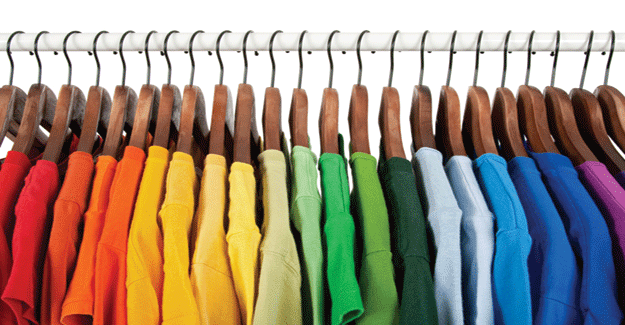EU's New Approach To China's MES
EU's New Approach To China's MES

There is a flurry of activity and statements as Brussels prepares a strategy for the approaching Chinese "market economy status" (MES) deadline. The current trend suggests that the EU will grant MES, but with so many conditions that it may end up being a distinction without a difference.
Chinese exporters have been hoping to gain increased access to European markets. However, European lawmakers appear to be taking a protectionist turn by encouraging barriers on Chinese imports despite the WTO accession agreement's 11 December 2016 status change.
It was clear from the outset that the British referendum to leave the EU would alter the rhetoric in Brussels. The tone set by EU institutions has been increasingly protectionist, partly due to the growing concern from Member States that feel threatened by a possible "flood" of mainland Chinese products. The UK's role in the EU has traditionally been that of a free trade advocate. Yet, due in part to voter discontent over globalisation and fear of related unemployment, the Brexit vote to leave the EU has weakened the UK's legitimacy in influencing EU trade policy.
Consequently, only a few, such as Sweden and the Netherlands, remain as States which traditionally provide resistance to stronger trade defences, both generally and when it comes to mainland China. Given this novel scenario, the possibility of the EU not fully honouring a mainland Chinese MES seems increasingly likely. The European private sector has also begun to voice its concerns. Strongest criticisms came from Milan Nitzschke, a spokesman from AEGIS, a European industry alliance of more than 30 sectors, who said MES for mainland China would flood Europe with cheap products and "wipe out millions of European jobs". An analogous change in discourse from EU officials has been noticeable.
Speaking in Beijing on July 13, Jean-Claude Junker, President of the European Commission, made the statement that "for us there is a clear link between the over capacity of China and the market economy status for China". Cecilia Malmström, EU Trade Commissioner, used similar language in a speech in Beijing in July, asking, "Why do European steelmakers have to lay off workers when they are competing with Chinese firms who benefit from huge subsidies?" Such questions are at the heart of European concerns around accepting mainland China's MES. Chinese Premier Li Keqiang did, in response, reiterate mainland China's position that it expected the EU to honour a clause in its WTO accession agreement that reads: "in any event", provisions allowing Chinese goods to be compared with those of third countries "shall expire 15 years after the date of accession." Premier Li additionally noted that "90 per cent" of China's steel output is consumed domestically, denying that his country subsidised its steel exports. Premier Li added that global excess capacity in steel "needs everyone to cooperate. It's not a problem for any one country to solve". It remains to be seen whether the reassurances from Premier Li will be sufficient to mollify mainland China's MES opposition in Europe.
A draft proposal by the European Commission apparently suggests that EU officials might adopt a new technique of measuring the fair price of a product. This would resemble a US trade-defence procedure that breaks the manufacturing costs of a product into different categories and checks them against different countries.
This proposal could, in theory, allow the EU to grant mainland China MES while still having the power to strip market economy status on an industry-by-industry basis. Exactly how the European Commission will balance the approaching Chinese MES deadline and the public sentiment against global trade will likely become clearer in the coming days and weeks, as the Commission unfolds its proposal on the MES issue.



 textileexcellence
textileexcellence 







